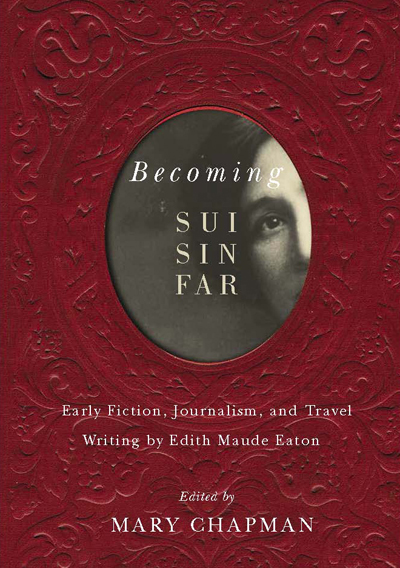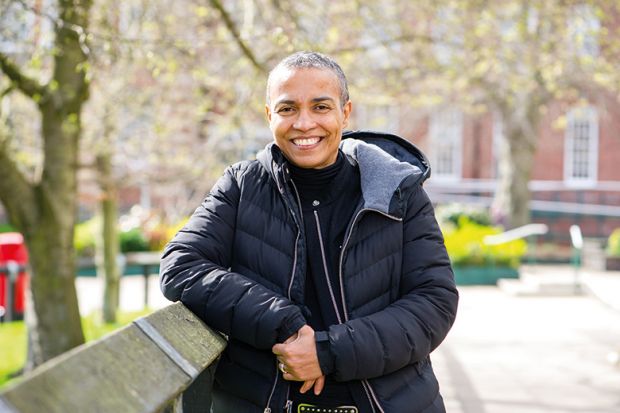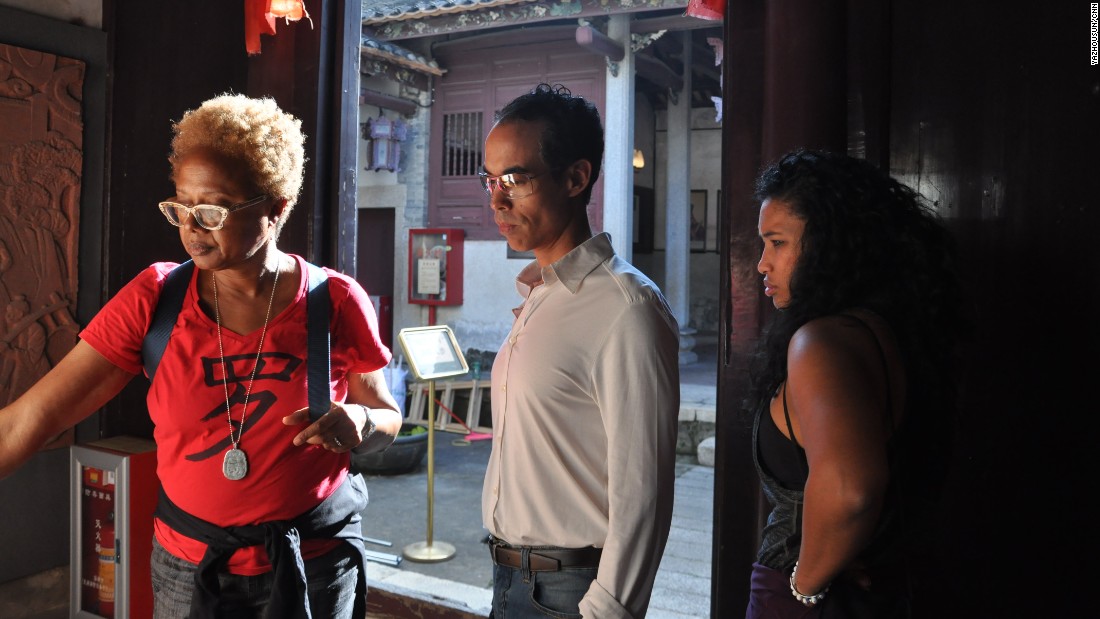If I Could Write This in FirePosted in Autobiography, Books, Caribbean/Latin America, Gay & Lesbian, History, Media Archive, Monographs, Social Justice, United Kingdom, United States on 2018-04-24 14:08Z by Steven |
University of Minnesota Press
2008
104 pages
5 1/2 x 8 1/2
Cloth/jacket ISBN: 978-0-8166-5474-1
A deeply personal meditation on history and memory, place and displacement by a major writer
Born in a Jamaica still under British rule, the acclaimed and influential writer Michelle Cliff embraced her many identities, shaped by her experiences with the forces of colonialism and oppression: a light-skinned Creole, a lesbian, an immigrant in both England and the United States. In her celebrated novels and short stories, she has probed the intersection of prejudice and oppression with a rare and striking lyricism.
In her first book-length collection of nonfiction, Cliff displays the same poetic intensity, interweaving reflections on her life in Jamaica, England, and the United States with a powerful and sustained critique of racism, homophobia, and social injustice. If I Could Write This in Fire begins by tracing her transatlantic journey from Jamaica to England, coalescing around a graceful, elliptical account of her childhood friendship with Zoe, who is dark-skinned and from an impoverished, rural background; the divergent life courses that each is forced to take; and the class and color tensions that shape their lives as adults. The personal is interspersed with fragments of Jamaica’s history and the plight of people of color living both under imperial rule and in contemporary Britain. In other essays and poems, Cliff writes about the discovery of her distinctive, diasporic literary voice, recalls her wild colonial girlhood and sexual awakening, and recounts traveling through an American landscape of racism, colonialism, and genocide—a history of violence embodied in seemingly innocuous souvenirs and tourist sites.
A profound meditation on place and displacement, If I Could Write This in Fire explores the complexities of identity as they meet with race, gender, sexuality, nationality, and the legacies of the Middle Passage and European imperialism.






